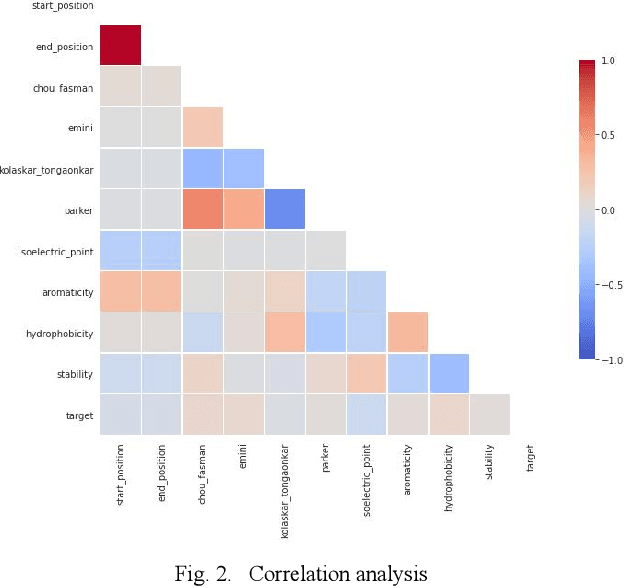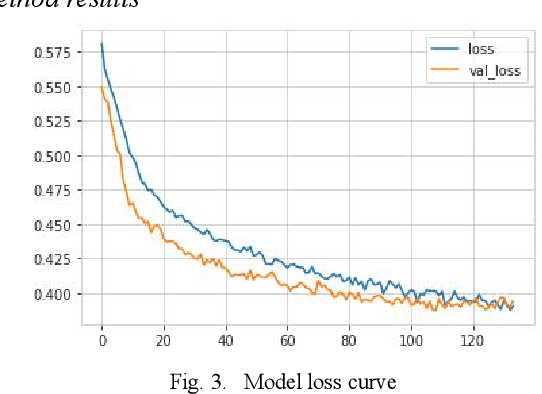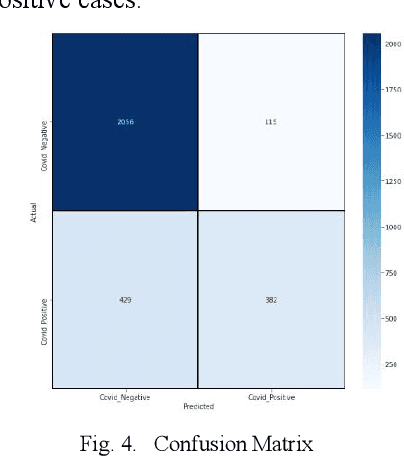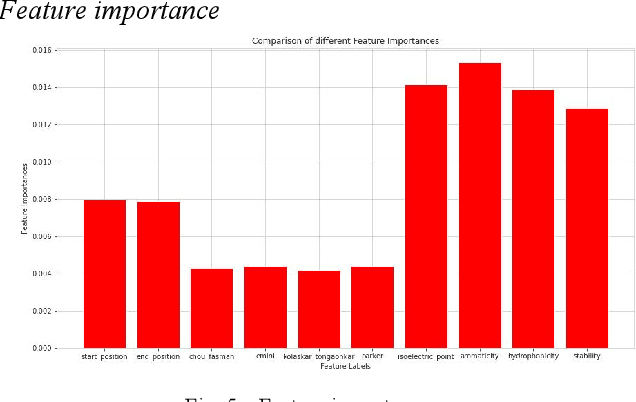Shih-Chi Lin
A CT Image Classification Network Framework for Lung Tumors Based on Pre-trained MobileNetV2 Model and Transfer learning, And Its Application and Market Analysis in the Medical field
Jan 09, 2025Abstract:In the medical field, accurate diagnosis of lung cancer is crucial for treatment. Traditional manual analysis methods have significant limitations in terms of accuracy and efficiency. To address this issue, this paper proposes a deep learning network framework based on the pre-trained MobileNetV2 model, initialized with weights from the ImageNet-1K dataset (version 2). The last layer of the model (the fully connected layer) is replaced with a new fully connected layer, and a softmax activation function is added to efficiently classify three types of lung cancer CT scan images. Experimental results show that the model achieves an accuracy of 99.6% on the test set, with significant improvements in feature extraction compared to traditional models.With the rapid development of artificial intelligence technologies, deep learning applications in medical image processing are bringing revolutionary changes to the healthcare industry. AI-based lung cancer detection systems can significantly improve diagnostic efficiency, reduce the workload of doctors, and occupy an important position in the global healthcare market. The potential of AI to improve diagnostic accuracy, reduce medical costs, and promote precision medicine will have a profound impact on the future development of the healthcare industry.
Deep Neural Network-Based Prediction of B-Cell Epitopes for SARS-CoV and SARS-CoV-2: Enhancing Vaccine Design through Machine Learning
Nov 28, 2024



Abstract:The accurate prediction of B-cell epitopes is critical for guiding vaccine development against infectious diseases, including SARS and COVID-19. This study explores the use of a deep neural network (DNN) model to predict B-cell epitopes for SARS-CoVandSARS-CoV-2,leveraging a dataset that incorporates essential protein and peptide features. Traditional sequence-based methods often struggle with large, complex datasets, but deep learning offers promising improvements in predictive accuracy. Our model employs regularization techniques, such as dropout and early stopping, to enhance generalization, while also analyzing key features, including isoelectric point and aromaticity, that influence epitope recognition. Results indicate an overall accuracy of 82% in predicting COVID-19 negative and positive cases, with room for improvement in detecting positive samples. This research demonstrates the applicability of deep learning in epitope mapping, suggesting that such approaches can enhance the speed and precision of vaccine design for emerging pathogens. Future work could incorporate structural data and diverse viral strains to further refine prediction capabilities.
 Add to Chrome
Add to Chrome Add to Firefox
Add to Firefox Add to Edge
Add to Edge